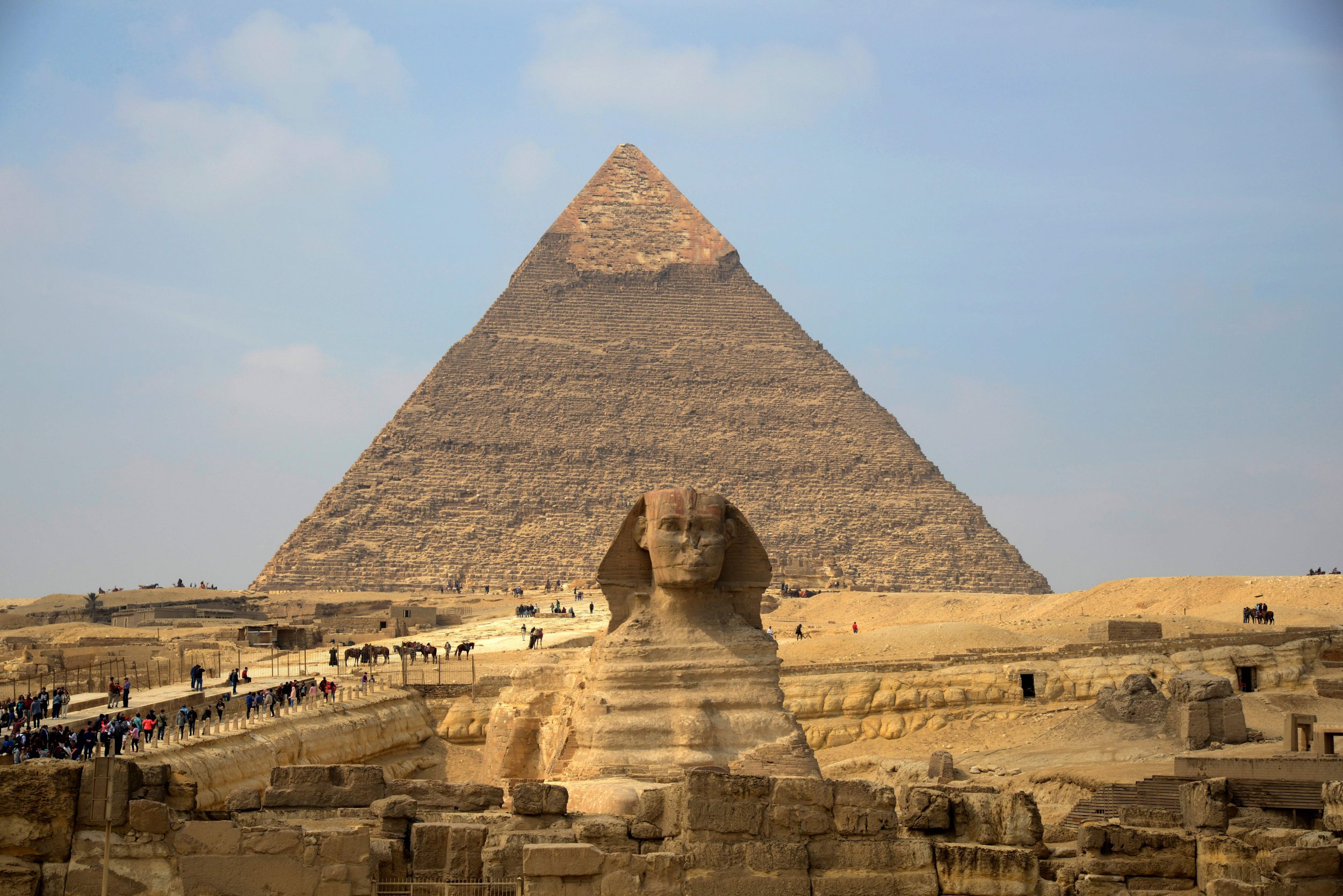
Long before greenhouse gasses had been discovered or scientists could fathom rising global temperatures, the world's largest superpower was confronted with the terrifying reality of climate change.
Of course, the year wasn't A.D. 2018 but B.C. 1250. And instead of debating whether or not the crisis at their doorstep was real or a foreign conspiracy, Ancient Egypt's leaders decided to tackle the challenge head on.
Archaeological evidence uncovered by experts in the Middle East has shown that at the tail end of the Bronze Age, during a period already known to have been wracked by soaring temperatures, the pharaohs looked to preserve their empire from climate change and the famine, and the war and mass migration that they knew would follow.
According to the Israeli newspaper Haaretz, 3,000 years ago, during the 13th and 12th centuries B.C., the ancient Egyptian empire ordered its fertile provinces in modern-day Israel to increase grain production. It shipped the excess produce to harder-hit regions in modern Lebanon, Syria and Jordan.
Despite the deathly dry period, knowledge of which was uncovered by a 2013 study of pollen by Tel Aviv University, irrigation was used to increase cereal production in the fertile areas.
A second measure uncovered by archaeologists appears to have been the breeding of hardier cows, better suited to surviving the harsh climate. Ancient animal bones recovered from the period have shown the Egyptians began breeding more cows than sheep and goats. Also, more cows were bred with the zebu bovine variant, which originated from India and is more resistant to heat, drought and parasites.
The desire in Egypt to lessen the impact of the drought on its imperial population was not borne out of altruism. The ancient civilization feared the collapse of its empire in the face of the chaos scarcity would bring.
While the pharaohs were able to delay their decline, they did not stop it entirely. Eventually their colonial territories broke away during the collapse of the Bronze Age that, in turn, ushered in the Iron Age.
Uncommon Knowledge
Newsweek is committed to challenging conventional wisdom and finding connections in the search for common ground.
Newsweek is committed to challenging conventional wisdom and finding connections in the search for common ground.
About the writer
Callum Paton is a staff writer at Newsweek specializing in North Africa and the Middle East. He has worked freelance ... Read more
To read how Newsweek uses AI as a newsroom tool, Click here.








